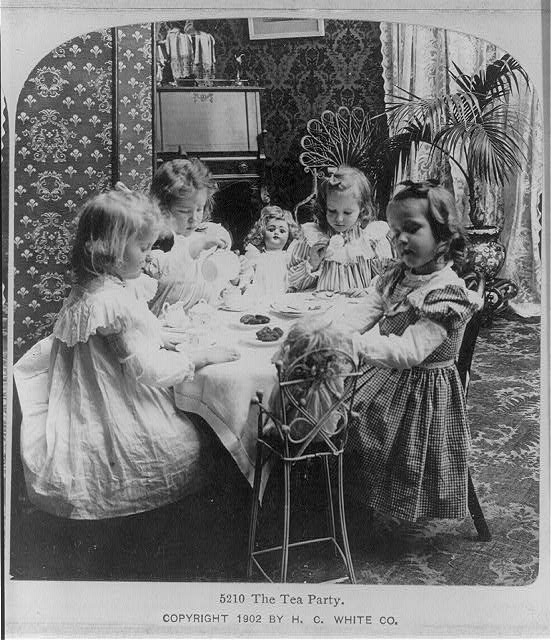Year of Being 50: Day 8: Pretend Play
While I didn’t do a lot of it, when I was a kid I definitely did some pretend play. My sister and I would dress up in our petticoats and dance around to classical music (usually Swan Lake or The Nutcracker, or our mom’s piano playing). Or we would pretend to be queen and princess while the neighborhood boys fought a war on our behalf. Or we would play house or—more likely—office. I enjoyed dressing up for Halloween.
But with my toys, I didn’t do a lot of pretend play. I preferred to build the same things over and over with my LEGO, and I preferred to change doll outfits over and over rather than pretend they were having a tea party. I never understood playsets where you had to pretend to be the characters, rather than just set up the scene.
As an adult, I rarely enjoy dressing up as anything (for Halloween, cosplay, anything like that), and when my kids were little, I really struggled to do pretend play with them.
Once I figured out I was autistic, I thought it was just inherent in that. But Rory and I recently had a conversation that really made sense and brought a lot of clarity to the “pretend play” conundrum.
Rory said, “When we are children, pretend play is how we experiment with how we want to present ourselves, but once our idea of ‘self’ crystalizes, pretending is a lot less appealing.”
This would explain why I could sometimes do pretend play as a kid, but I struggle so much with it as an adult. I don’t like to be something I’m not. I can’t do cosplay or play dress up now, because very little of it goes along with how I want to present myself. Once in a while, some kind of “dress up” activity matches how I want to present myself, and, in those cases, I’m fine with it.
Rory has also found that people he knows “who don’t like to pretend are comfortable with who they are.”
I’m definitely comfortable with who I am, and really always have been, even though very few others accepted as I was. So maybe it’s confirmation bias, but this felt very true to me.
Rory also said, “The people who are most attached to pretend play as adults, there’s something in their life that they are dissatisfied with, even if they aren’t being honest with themselves about it. It’s an escape.”
I’ve also found this to be true in many (but probably not all) cases.
This conversation showed me an interesting perspective that explained—to me, anyway—why I used to be okay with pretend play but haven’t been into it for a very long time.
You can find Rory at his website, his mental health project UpRoryUs, and at GeekDad.
As usual, if you want to support my efforts at this blog, please consider buying your Amazon purchases through this affiliate link where I receive some financial benefit. Or go right to the source and send me money through PayPal. No pressure, though.

